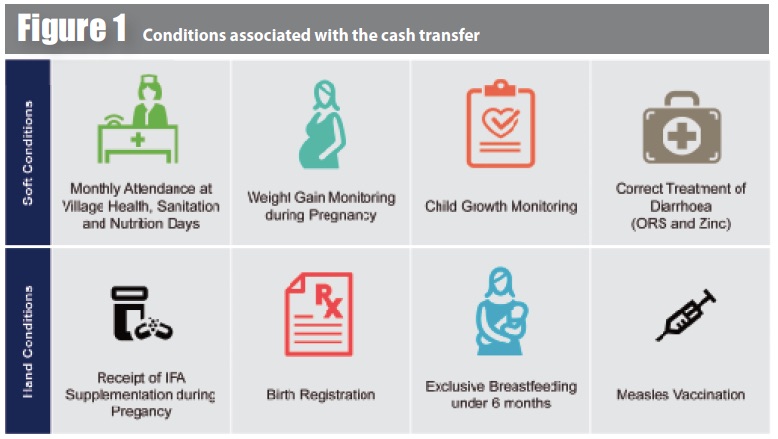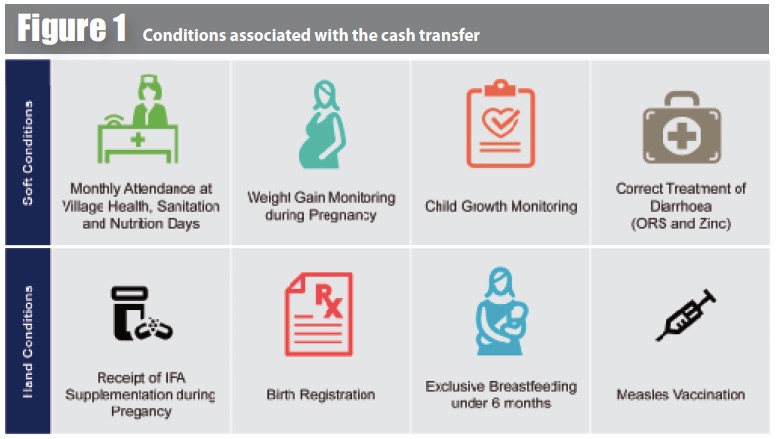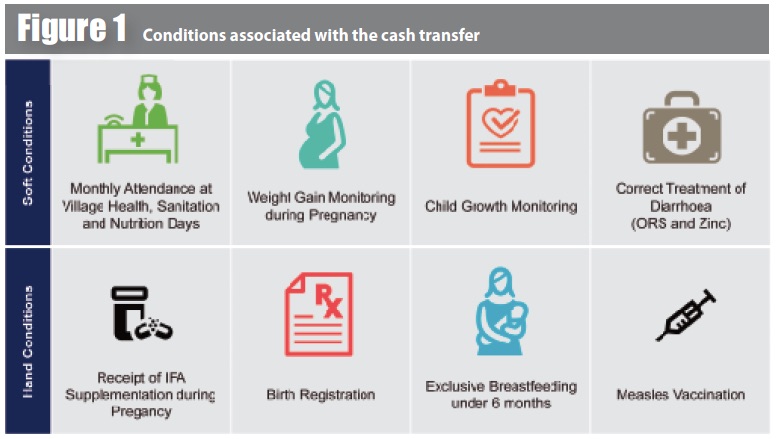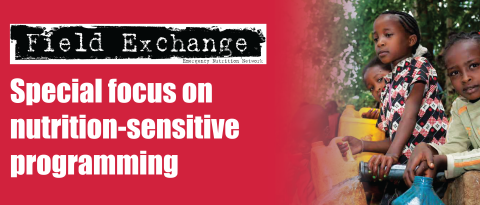Guidelines and free on-line modules to support multi-sectoral programming for nutrition and resilience
Guidelines and a free online module have been developed by the Food and Agricultural Organisation (FAO) to assist professionals involved in emergency, resilience and development programmes on how to handle a workshop for joint action on nutrition. The target users of the module encompasses development partners (i.e. international organisations, donor agencies, international and local non-governmental organisations (NGOs)), national governments, and/or independent consultants, working in a diverse range of sectors relevant to nutrition (including food security, agriculture, health, education, water & sanitation, and social affairs).
The guidelines present a workshop methodology that uses the problem/solution tree approach (see Figure 1). This methodology is a powerful way to better understand the complexity of and the interrelations between causes of malnutrition. It helps to build consensus among participants and strengthen ownership of nutrition issues. The guidelines support professionals in facilitating workshops, in order to design integrated information systems and programmes, and to develop partnerships for sustainable improvements in nutrition. The workshop methodology also enables participants to learn simultaneously about nutrition, food security and livelihoods concepts, at the time as are they are engaged in planning.
The online module is a self-training interactive tool that guides the participant through a simulation of the four phases of a workshop process: 1) Preparation of the workshop, 2) Introductory and problem tree sessions 3) Solution tree session, 4) Action plan session and workshop follow-up. The exercise is set in the fictional country of Namambar where alarming rates of malnutrition are reported (see Box 1). Your mission is to facilitate a workshop to develop a joint strategy for strengthening resilience and combating food insecurity and malnutrition.

The module content was developed in the framework of an ECHO-funded Capacity Building programme run by FAO in 2013-14. Through this project, 13 training workshops and two training of trainers on Integrated food security and nutrition programming for emergency response and resilience building, using the malnutrition problem and solution trees methodology, were organised in the Sahel and Horn of Africa regions (at regional, national and/or sub-national levels) in 2014, and additional workshops have already taken place in 2015. More than 600 professionals from over 150 different organisations actively participated in the workshops through case studies, group work and open discussions. Participants included international & local NGOs, the Red Cross, UN agencies, Government, REACH and SUN stakeholders. The workshops have generated a pool of more than 40 regional and country trainers, now active in their respective countries.
 Feedback collected from participants (end of workshop evaluations and online surveys 4 to 6 months after the two regional workshops) shows that the workshops have been instrumental in building partners’ capacities and bringing concrete changes in programme design and implementation. Indeed, 98% of the participants judged they have gained from good to excellent understanding of basic concepts for integrated food security and nutrition programming. Sixty per cent of on-line survey respondents have observed improvements in the integration of nutrition and food security programming in their organisation, and 58% reported progress made in implementing the country action plan designed during the workshop. The module builds on this very successful experience and comprises interactive learning, photos and videos from the workshops.
Feedback collected from participants (end of workshop evaluations and online surveys 4 to 6 months after the two regional workshops) shows that the workshops have been instrumental in building partners’ capacities and bringing concrete changes in programme design and implementation. Indeed, 98% of the participants judged they have gained from good to excellent understanding of basic concepts for integrated food security and nutrition programming. Sixty per cent of on-line survey respondents have observed improvements in the integration of nutrition and food security programming in their organisation, and 58% reported progress made in implementing the country action plan designed during the workshop. The module builds on this very successful experience and comprises interactive learning, photos and videos from the workshops.
The module is available in English, French and Spanish (soon available).
In addition, if you want to train on nutrition, food security or resilience, you can access a series of free e-learning courses already on-line on FAO E-learning centre.
For more information, consult here.



